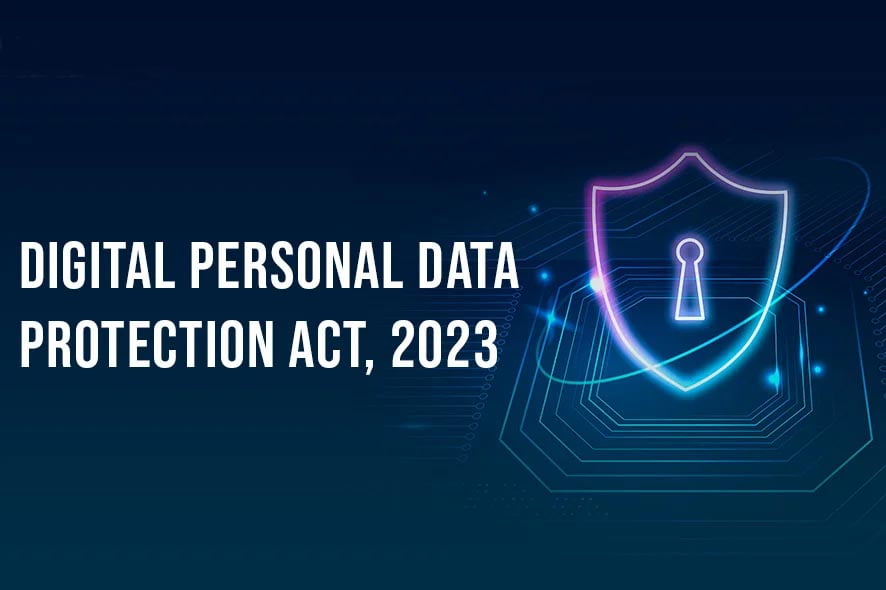DPDP ACT

What is DPDP Act?
The DPDP Act, or the Digital Personal Data Protection Act, 2023, is India’s first comprehensive legislation governing the collection, storage, processing, and transfer of personal data within the country’s territorial boundaries.
Benefits of DPDP Act?
- Enhanced Control: Individuals gain more control over their personal data through rights like access, correction, rectification, and erasure. They can choose to withdraw consent and object to automated processing decisions.
- Transparency: Entities collecting and processing data are obligated to provide clear and accessible information about the purpose, duration, and processes involved. Individuals are notified in case of data breaches.
- Accountability: Data fiduciaries (entities collecting and processing data) are held accountable for protecting personal data and complying with the Act’s provisions. Individuals can file complaints with the Data Protection Board for redressal.
- Reduced Discrimination: The Act prohibits unfair discrimination based on personal data, promoting equal opportunities and fair treatment.


Benefits Of DPDP Act?
- Enhanced Control: Individuals gain more control over their personal data through rights like access, correction, rectification, and erasure. They can choose to withdraw consent and object to automated processing decisions.
- Transparency: Entities collecting and processing data are obligated to provide clear and accessible information about the purpose, duration, and processes involved. Individuals are notified in case of data breaches.
- Accountability: Data fiduciaries (entities collecting and processing data) are held accountable for protecting personal data and complying with the Act’s provisions. Individuals can file complaints with the Data Protection Board for redressal.
- Reduced Discrimination: The Act prohibits unfair discrimination based on personal data, promoting equal opportunities and fair treatment.
Our Approach
1. Scoping and Identification:
- Identifying what data your organization collects, stores, and processes to determine if you fall under the Act's scope.
2. Data Mapping and Inventory:
- Conducting a comprehensive data mapping exercise to identify all personal data you possess. This includes structured data in databases and unstructured data like emails or documents.
- Classifying the data based on sensitivity (high-risk vs. low-risk) and legal basis for processing it (consent, contract, etc.).
3. Policy and Procedure Development:
- Developing internal policies and procedures that align with the DPDP Act's requirements. These policies should address:
- Data collection and processing practices.
- Consent management procedures.
- Data security measures.
- Data subject rights fulfillment (access, rectification, erasure)
- Data breach notification protocols.
4. Appointing a Data Protection Officer (DPO):
- The Act mandates appointing a DPO if you deal with large-scale processing of personal data or process sensitive personal data. The DPO is responsible for overseeing compliance and acting as a point of contact for data subjects.
5. Implementing Security Controls:
- Implementing appropriate technical and organizational security measures to safeguard personal data. This could include encryption, access controls, regular security audits, and employee training on data protection best practices.
- Conducting regular training programs for your employees to raise awareness about the DPDP Act's requirements and best practices for handling personal data.
- Maintaining comprehensive records of your data processing activities, including the legal basis for processing, data retention periods, and any data transfers you perform.
6. Data Breach Management:
- Developing a data breach response plan to identify, report, and address data breaches promptly. The plan should outline communication protocols, mitigation strategies, and regulatory reporting requirements.






